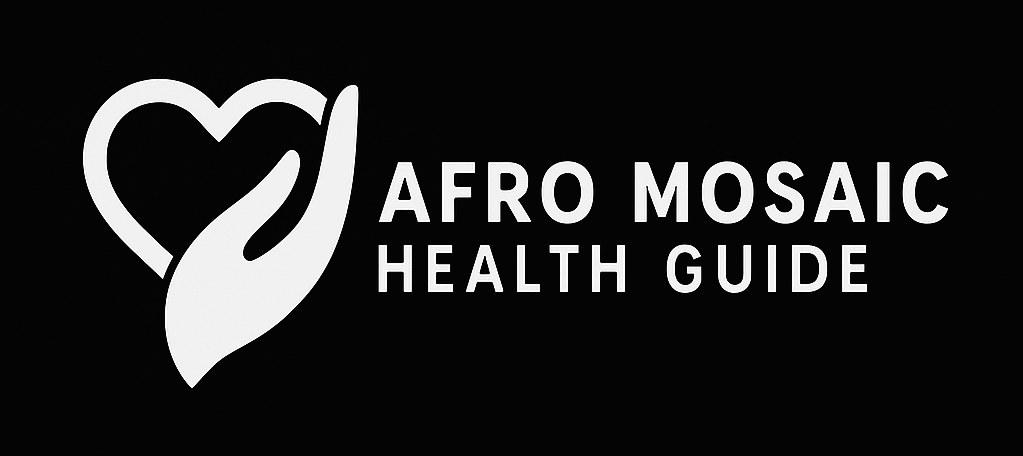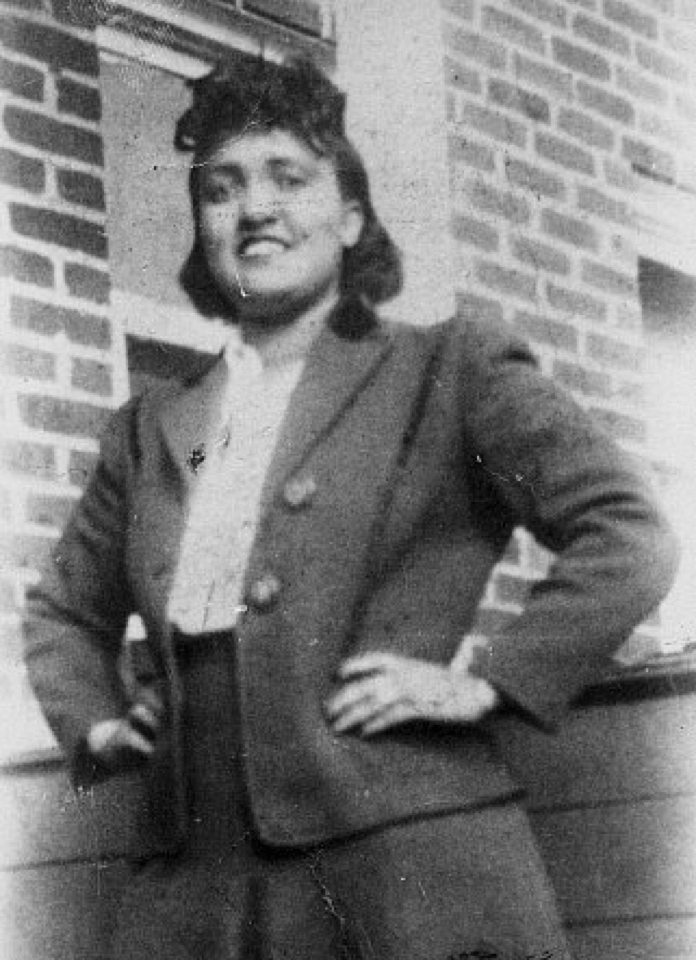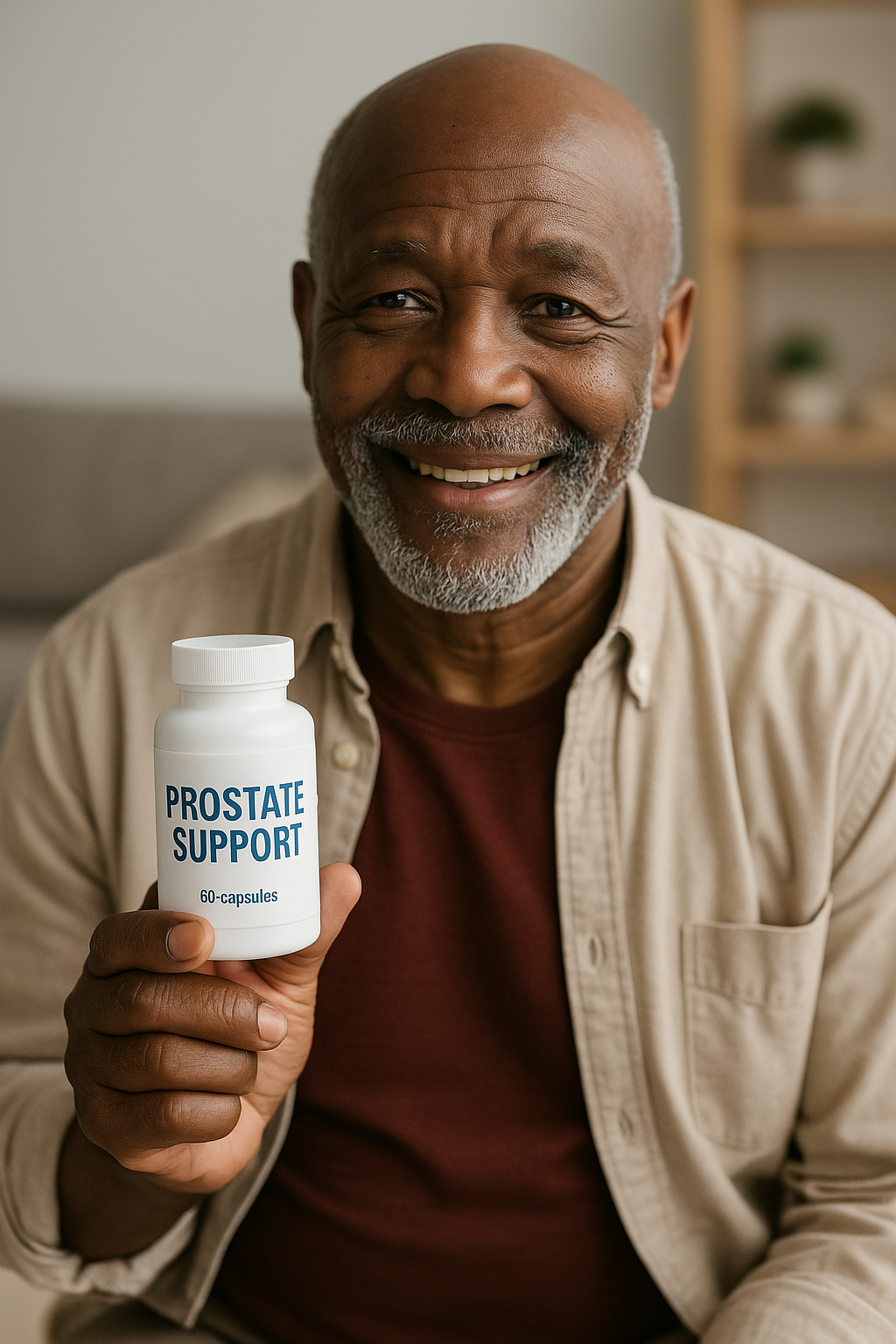. For too long, the narrative of health disparity has been shrouded in silence, accepting late diagnoses and early losses as inevitable. But that story ends now. Your health is not a fate decided by genetics; it is an asset often stolen by systemic neglect, historical trauma, and hidden delays. It’s time to wake up, take back control, and embrace the fierce urgency of now—because knowing your status isn’t just power, it’s survival.
The Silent Threat For communities of colour, especially Black and Hispanic populations
The health journey is paved with obstacles unseen by the dominant culture. We are talking about barriers far deeper than just income or education—we are talking about an inherited skepticism known as medical mistrust, a protective shield forged through centuries of injustice. This mistrust has a long-standing history rooted in instances of discrimination, racism, and outright medical mistreatment. From the horrific, unauthorized experiments conducted on enslaved women by figures like J. Marion Sims, hailed as the “father of modern gynecology,” who operated without anesthesia because he and other Caucasians wrongly viewed the Black body as more tolerant of pain, to the shocking violation of Henrietta Lacks, whose cells were harvested without her knowledge or consent while her body was in the morgue, creating the immortal HeLa cell line used in countless medical breakthroughs for which her family received no benefit.

The shadow of the Tuskegee Syphilis Study, where 600 African American sharecroppers were deliberately left untreated for syphilis for 40 years to study the disease’s progression, still looms large, fueling a legitimate discontent with the public health system. The legacy of these abuses, alongside modern experiences of differential treatment and racial bias from providers, contributes to the unwillingness of African Americans to seek the care they need, particularly mental health treatment. This historical burden means culturally diverse populations often experience barriers in accessing primary health care and feelings of exclusion in general. Yet, the cost of allowing this silent mistrust to govern your decisions is terrifyingly high. This system, designed to serve everyone equally, fails at delivering equity in outcomes. We must recognize that structural racism embedded in institutions like healthcare has led directly to unequal health outcomes. When Delay Turns Deadly We know that early diagnosis is the most critical factor in improving cancer outcomes.

When breast or colon cancer is detected while still localized, the five-year survival rate is similar to that of the general population, but if detection is delayed until advanced stages, that rate plummets to only 30%. The harsh reality is that minority patients are systematically less likely to receive recommended cancer screenings and are more likely to be diagnosed at later stages than their white counterparts. This is not just a statistical anomaly; it is a crisis exacerbated by the very structure of the healthcare system. In fact, studies have found that Black and Asian patients experience significantly longer waits for diagnosis than white patients, and this delay is often caused not just in the initial primary care visit, but in the referral and specialist care stages—what researchers call “secondary care delays”. For major diseases like colorectal and prostate cancer, these system-level issues may be equally, if not more, important than patient behaviour in explaining disparities.
Delays exceeding two months, common for patients with colorectal, lung, and myeloma cancer, are directly linked to worse survival rates. These delays hit harder because certain aggressive forms of disease disproportionately afflict our communities. Black and Hispanic Americans experience a higher incidence of cervical and colon cancers, and African American women face higher rates of aggressive triple-negative breast cancer (TNT). TNTs progress faster, meaning the typical two-year gap between biennial mammograms may be too long for early diagnosis. Colorectal cancer, which has seen a dramatic mortality decline for white patients, has steadily increased for the Black population, who are diagnosed at a younger age with a more aggressive form of the disease. Furthermore, African Canadian communities face a suspected high rate of undiagnosed sickle cell anemia and a lack of universal screening for the disease.
For African Americans, pervasive, persistent, and worsening disease rates lead to higher mortality rates for eight of the top ten causes of death compared to other groups. When treatment is delayed, when bias creeps in, or when systems fail to prioritize equity, the result is tragically predictable: shortened life expectancies and preventable deaths. Power in Knowing We must pivot from fear to determined action. Fear, when leveraged correctly, is a powerful emotion that can stimulate individuals toward healthier behaviour by fostering a desire to avoid an “aversive state” like avoidable illness or death. But the most effective tool in your arsenal is informed action—the Power in Knowing. The future of fighting disparities lies in dismantling barriers and implementing strategies that meet people where they are. This means demanding culturally competent care that recognizes and respects visible and invisible differences. Promising advancements exist to help circumvent the systemic delays identified in referrals and specialized testing: Multi-Cancer Early-Detection (MCED) blood-based tests. These innovative tests detect tumours in previously unscreened cancers from a simple blood draw. Why is a simple blood test a game-changer for disparities? It bypasses bottlenecks: Testing can be ordered by primary care physicians without needing a referral to a specialist, eliminating a key source of secondary care delay. It ensures quality control: Samples are sent to centralized labs for processing, meaning the quality and accuracy of the results are uniform and consistent, regardless of whether the patient is in a rural community or an understaffed clinic.

This avoids the discrepancies found across varied, often lower-quality, screening centers typically accessed by minority patients. It catches aggressive tumours: These tests offer a flexible tool that can be used between current recommended screenings (like biennial mammograms) to catch aggressive tumours—such as triple-negative breast cancer—before they progress too far. By leveraging technologies that standardize results and minimize the need for navigating specialist hurdles, we move closer to establishing systems where quality and timely diagnosis are universal. This technology offers hope, but its promise can only be realized if access is provided broadly and equitably to all high-risk patients. Health Is the New Wealth The data is irrefutable: racial disparities persist and plague our communities regardless of economic status. A Black physician, despite achieving high socioeconomic standing, still faces a higher incidence of cardiovascular disease, hypertension, and diabetes than a white physician.
A Black woman with a college degree still faces higher pregnancy-related mortality rates than a white woman without a high school diploma. Socioeconomic status alone cannot erase the “toxin” of systemic racism and bias. This makes taking proactive steps toward prevention and early detection the ultimate act of self-responsibility and resistance. Your physical and mental well-being is the foundation of your future wealth and legacy. For frequent fast food consumers, fear messaging about avoiding an aversive state can be a positive motivator for healthy eating intention. For those with high self-efficacy, positive appeals rooted in hope can sustain motivation. This isn’t about blaming individuals; it’s about giving yourself the tools to overcome systems designed for unequal outcomes.
If we fail to act and remain hesitant due to past wrongs, these new, life-saving tools could end up disproportionately benefiting already advantaged communities, thereby widening the disparities further. Your Call to Action DO NOT wait for symptoms to scream before you listen! The era of late diagnoses and silent suffering ends with your decision today. ACT NOW: Demand preventive screening and early testing. Seek culturally competent care and be prepared to advocate fiercely for yourself and your loved ones. Leverage existing screening resources and explore new technologies, such as MCED blood tests, if they are accessible to you. GET TESTED: If you are at high risk or if early detection runs in your family, talk to your primary care provider immediately about supplementing routine screening schedules, especially for aggressive diseases common in our communities. SHARE THE TRUTH: Spread this message widely. Educate your community on the historic reasons for medical mistrust, but empower them with the knowledge that early action is the critical strategy for survival in an unequal system. Your health is your revolution. Protect your future, lineage, and community. Start the conversation today.















